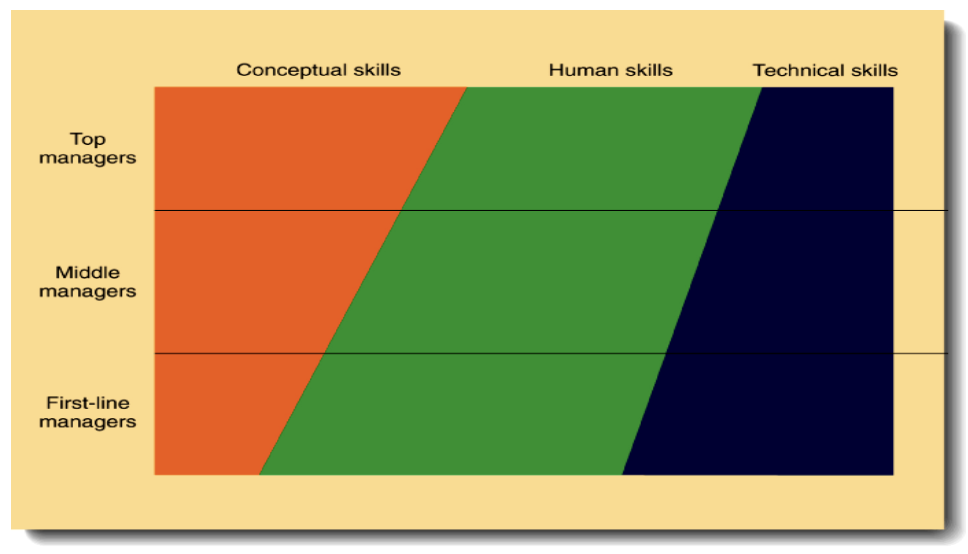Unit 2: The Entrepreneur and Management Functionsm
1/14
There's no tags or description
Looks like no tags are added yet.
Name | Mastery | Learn | Test | Matching | Spaced |
|---|
No study sessions yet.
15 Terms
3 Different Roles a Entrepreneur can Assume
The entrepreneur who can take initiative to create a company
The capitalist who provides the financial means
The administrator who manages and directs the company
2 Ways to Fund Entrepreneurial Projects
Business angel and venture capital
Business Angel
Wealthy individuals, own money. Often small amount of capital (many tech projects need a small financial commitment (initial Facebook investment less
than $1M). Have experience and contacts, maybe more interested in
potential of a project. May act as patron or big brother (advice and experience).
Venture Capital
Venture capital (VC) is a form of private equity and a type of financing for startup companies and small businesses with long-term growth potential. Venture capital generally comes from investors, investment banks, and financial institutions.
Functional Manager
Manage specific functional areas with people doing similar activities. Example: Finance, Marketing, Human Resources
General Managers
Manage the whole company, or a significant area or region (with several
functional activities included).
Example: Director of Marketing, Spain or President of European division
Project Managers
Co-ordinate efforts of people in different units on a particular project.
Example: new product development, implementation of new policies
Management Levels
TOP MANAGEMENT (Determinative): Chief Executive Officer (CEO), Chief Financial Officer (CFO), Chief Operational Officer (COO)....
MIDDLE MANAGEMENT (Executory): Factory manager, Regional manager, Divisional manager.....
OPERATIVE/SUPERVISORY MANAGEMENT (Operational): First-level managers also called first-line managers or supervisor. Shift supervisor, Department manager, team leader....
4 Management Functions
Planning, Organizing, Leading, and Controlling
Managers Activities
Interpersonal: act as the public face of the company, build relationships internally & externally, motivate and coach others.
Informational: seek info about issues affecting the org, transmit info internally and externally, communicate rules and changes.
Decisional: initiate change and innovation, take decisions on where and when to allocate resources, take action when things go wrong, negotiate with suppliers and customers.

Managers Skills
Technical: understanding of a specialized field (technical-functional skills in accounting, finance, engineering, manufacturing or computer science)
Human: ability to work well with others, both as member of a group and as a leader who gets things done.
Conceptual: have a global vision of the company, identifying relationships between organizational parts and understanding how company fits into the wider industry, community and global context.
Social Entrepreneurship
Have an idea that attempts to produce significant social change. Those who identify a business opportunity based on the resolution of a social or environmental problem.
Business Plan
A document that is used by the entrepreneur to order his ideas and plan his new business project that he wants to start up. The business plan is an orientation map so as not to get lost in a complex environment.
The purposes of the business plan are:
Internally: As a tool for work, planning, decision-making and management control.
Externally: As a business card for the project before interest groups, for example, investors.
10 Components of a Business Plan
Executive summary
Company description
Market analysis
Organization and management
Products or services
Marketing and sales strategy
Financial Plan
Funding request
Risk Analysis
Appendix
Idea Validation Process
Primary objective is to test and reinforce the initial idea with data
obtained from third parties. The third parties that can collaborate are friends and family, businessmen in the sector, local agents or any other interest group that has some relationship with the project.